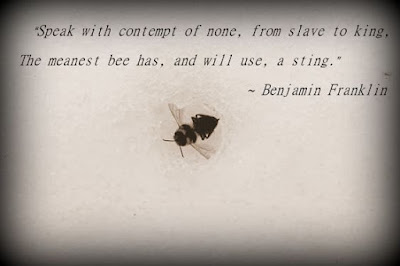As it turns out, one of the most fundamental forms of news is my favorite. Newspapers have provided outlets for the journalists and inlets for a hungry world for centuries. That is, so long are literate. They provided both the first national, international, and local means for staying informed. Though they began with much confusion between their opinion, bias, and facts, newspapers still provided much more trustworthy news than word-of-mouth, often. And, journalists continue to comb and refine their papers to make them slowly, but steadily more honest and intriguing.
Magazines, journals and such are at once distinct and similar to newspapers in many ways. They provide a similar type of news, meaning you have to read to know what's going on, and they are not produced as frequent as radio and TV broadcasts or Internet news. However, magazines are something with more depth and sometimes more entertainment than their predecessors, newspapers. Magazines and journals are also rather like books, they are written to be something to read over again, which makes them unique from every other sort of journalism.
With electricity, many doors opened for discovery, invention, and even journalism as radio finally made an entrance. Radio news is obviously different from all written forms of news because you see and read nothing, the whole idea depends on the effectiveness of the broadcaster or journalist's voice and vocal portrayal of the news. This is not really a new or distant idea though. Word-of-mouth honestly was the first form of being informed and radio simply expands and works to make credible this form of news. Basically, radio goes back to where all of our news outlets started.
Television news has to be my least favorite way to stay informed. While it provides visual, audio, and sometimes reading for the viewer, it does not allow the same viewer to have much choice in what they have to see. For those who like to slowly process what they have just been exposed to, it also doesn't allow for that. In short, TV has combined many of the older news forms to give the world a quick overview of events, people, etc. It is helpful, true. I simply prefer the old-fashioned way.
Lastly is the grand finale of all journalism and news, the Internet...At least for now ;). All of the the benefits and negativeness of all of the news forms we have ever had are now up-loaded online for everyone to pick over and decide what they want. Blogs and websites dump even more information, whether credible or not, into the news stream. Now every one's confused! Their is much room to be mislead by all of this information, their is much reason to be wary and do you're research and analyzing. But, despite all, Internet news is probably the most useful and helpful news form in all history. Journalism is growing, and hopefully truthfulness too, through this world-wide display of the news.
Finally, all the world's our page. Anyone and everyone can read from it. So be certain to be sharing the truth from your page, where ever and however it may be.





